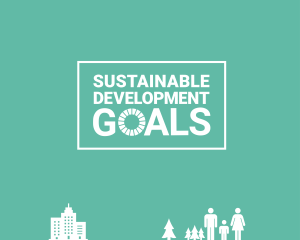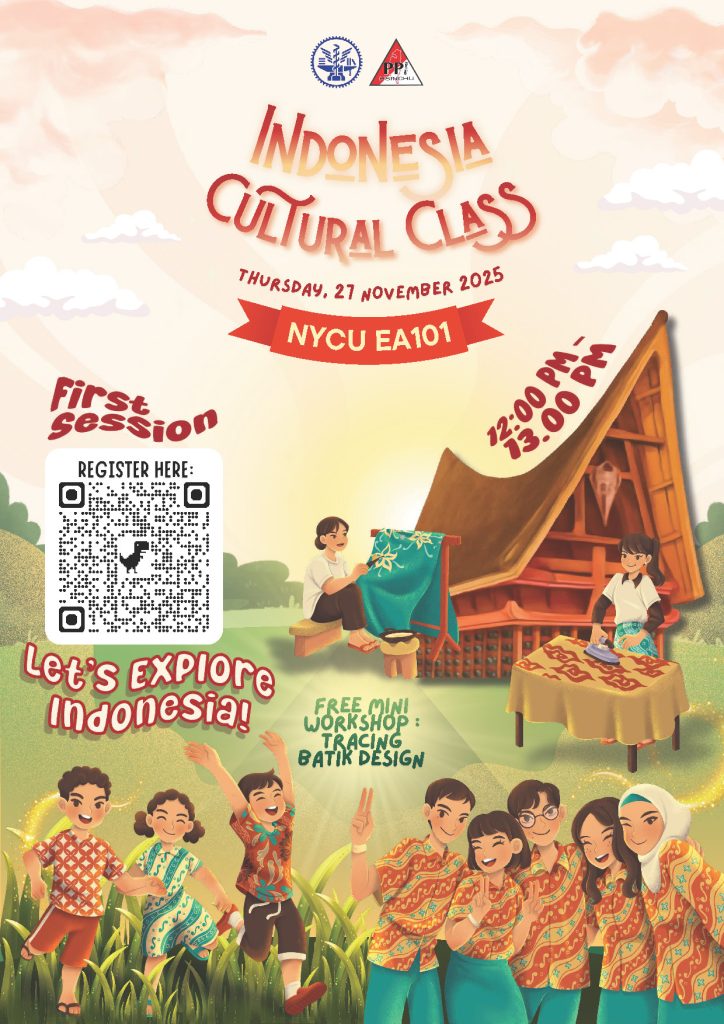Translated by Chance Lai
______
On October 1st, despite Typhoon Krathon’s approach to Taiwan, the much-anticipated 2024 Tang Prize Master’s Forum, hosted by National Yang Ming Chiao Tung University (NYCU) and the Industrial Technology Research Institute (ITRI), forged ahead, delivering a captivating session led by 2024 Tang Prize laureate in Sustainable Development, Professor Omar M. Yaghi. His talk, titled “New Advancements in Sustainability Science and Technology: The development of mental organic and related frameworks (MOFs and COFs) and its prospect,” showcased revolutionary breakthroughs with the potential to transform the global fight against climate change.
Professor Yaghi, renowned for pioneering metal organic frameworks (MOFs) and covalent organic frameworks (COFs), shared his insights on how these cutting-edge materials are already making waves in areas like carbon capture, hydrogen storage, and water harvesting, especially in arid regions. His groundbreaking work can potentially play a critical role in achieving net-zero carbon emissions by 2050.
Following the lecture, an expert panel discussion featured prominent figures such as National Academy of Taiwan President Dr. James C. Liao, National Academy of Taiwan Academician Dr. Yu Wang, and ITRI Vice President Dr. Tzong-Ming Lee. Together, they explored how Professor Yaghi’s research could inspire innovative solutions to one of the world’s most pressing challenges: environmental sustainability.
Tackling the Climate Crisis with Science
NYCU President Chi-Hung Lin emphasized the urgency of the forum’s topic, particularly as natural disasters such as heatwaves, floods, and hurricanes have become increasingly frequent worldwide. “Sustainable development is no longer just a buzzword,” he stated. “It’s a necessity for survival.”
President Lin highlighted the significance of Yaghi’s MOFs and COFs, noting their record-breaking porosity and high scalability—key properties that have made them indispensable for carbon capture and water purification efforts. “His work has already had a profound impact on sustainable development, and today’s forum promises to open even more doors for innovation,” President Lin added.
ITRI Chairman Tsung-Tsong Wu echoed these sentiments, emphasizing how Yaghi’s materials could revolutionize environmental protection and water resource management in the future. “We are eager to explore collaborative solutions, especially in water conservation, as we continue our journey toward a sustainable future.”
Exploring the Science Behind the Breakthroughs
During his lecture, Professor Yaghi introduced three central themes: carbon dioxide capture using Covalent Organic Frameworks (COFs), water harvesting via Aluminum-based MOFs (Al-MOFs), and molecular-scale weaving for next-gen materials. His team’s MOFs, built from metal clusters and organic ligands, have maintained structural integrity even after removing guest molecules—a breakthrough in materials science.
In one captivating example, Yaghi explained how just 200 grams of his MOF material can harvest up to 5 liters of water daily—even in the dry heat of Death Valley! His research on molecular weaving, particularly COF-505 and COF-525, revealed innovative structures akin to chainmail and hexagonal chicken wire, demonstrating both durability and flexibility.
Research Driven by Beauty and Curiosity
In a lively panel discussion, Yaghi reflected on his research journey, admitting that his work was driven not by a desire to solve specific problems but by his fascination with the beauty of molecular structures. He also offered some provocative thoughts on artificial intelligence (AI), asserting that human biases, shaped by experience, often cloud judgment, so he sees AI as an essential tool in driving research forward.
When asked about the commercial potential of MOFs, Yaghi stressed the importance of large-scale production. While MOFs have already succeeded in scaling, COFs still have a way to go. He praised Taiwan’s rapid prototyping and commercialization capacity, recognizing the island’s potential to lead in the global market.
Words of Wisdom for Future Innovators: Don’t Miss Out—Be Part of the Change
During the Q&A, one student asked how to prepare for an academic career. Yaghi encouraged the audience to develop unique skills and maintain a fearless attitude toward challenges, reminding them that behind every scientific breakthrough lies a story of unseen effort and perseverance.
This event was not just a lecture—it was a call to action. As the forum wrapped up, the message was clear: the path to a sustainable future is paved with innovative materials, AI-driven research, and a relentless pursuit of solutions to protect our planet.






